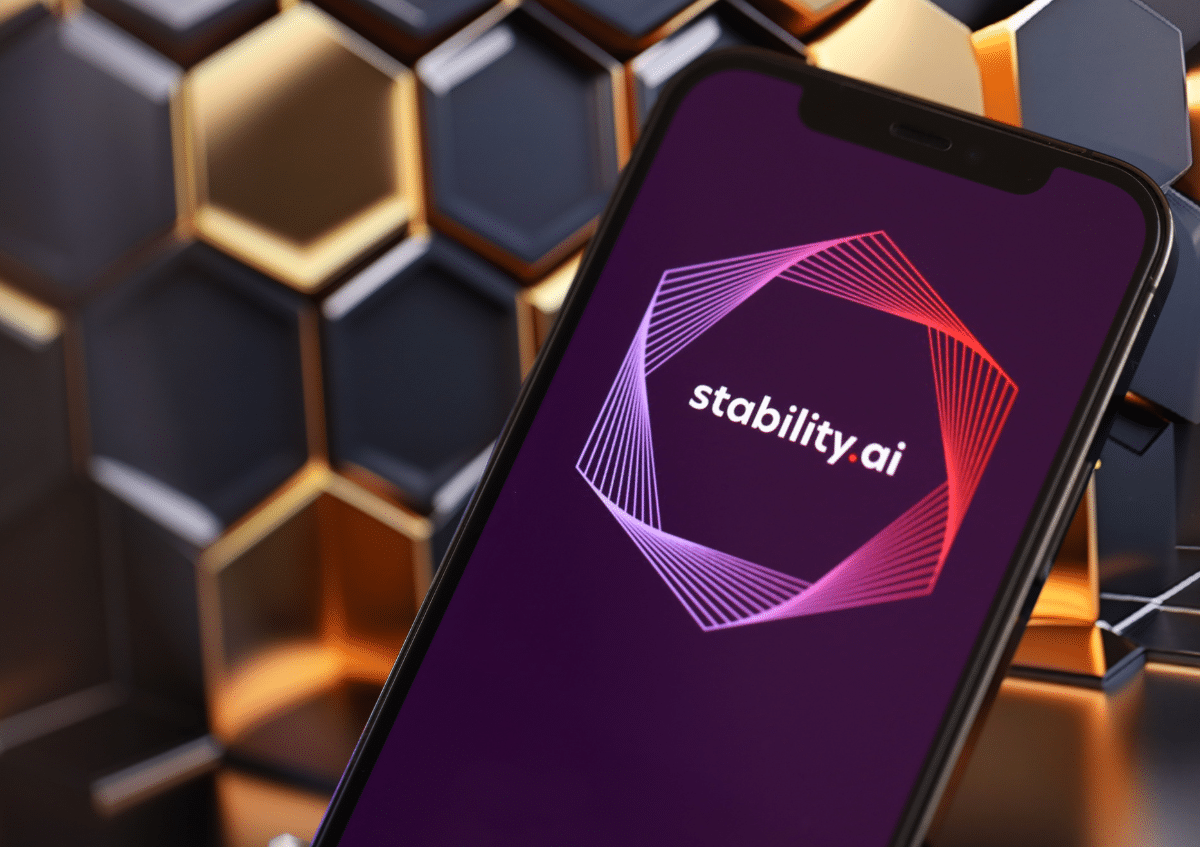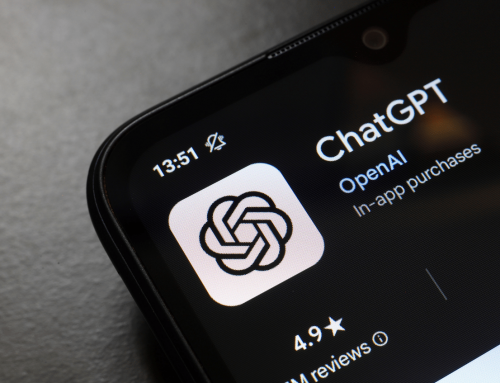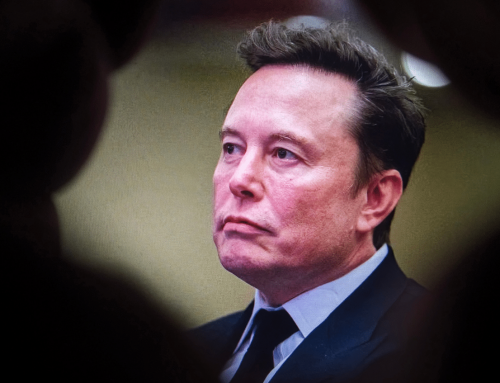Picture: Mehaniq / Shutterstock.com
Copyright law meets artificial intelligence - Getty loses for now
It is a fundamental conflict that is preoccupying the digital world: Are AI companies allowed to use copyrighted content to train their systems? The image agency Getty Images says no. It filed a lawsuit in London against the British AI company Stability AI for allegedly using millions of its photos to train the image generator Stable Diffusion.
However, the High Court for England and Wales rejected most of the allegations - either on grounds of content or form. A real setback for Getty.
Court: No theft, no memory - so no problem
The allegation: Stability AI allegedly accessed Getty's image archive without a license and used it to train the Stable Diffusion AI model. The problem from the court's point of view: the training did not take place in England or Wales - so jurisdiction was lacking. Where exactly the training took place, however, remained unclear.
However, even where the court ruled on the content, Getty was hardly proved right. The judge made it clear that even if the model was trained using protected works, it does not store copies of the images, but only abstracted information. In the end, 220 terabytes of training data became 3.44 gigabytes of model weights.
The AI has learned - but it has not stolen anything, according to the ruling. And thus copyright was not infringed because no work was permanently reproduced or stored.
Only trademark law is getting tight for Stability AI
Getty at least achieved a small success: the judge found a trademark infringement because versions of Stable Diffusion generated images on which logos from iStock or confusable Getty symbols could be seen - without any connection to the original. This was misleading and damaging to business.
The court did not accept Stability AI's argument that users are responsible for such outputs. In this case, the responsibility clearly lies with the provider of the model.
Comment: Not a free ride - but a clear signal
Getty's partial defeat in London shows one thing very clearly: legally, AI is still a no-man's land. Anyone who uses copyrighted works to train algorithms is walking a fine line - but not (yet) necessarily on the wrong side of the law. The court has recognized the technical reality: AI does not store images, it only "learns" patterns. And learning in itself is not (yet) prohibited.
The road ahead remains rocky for Getty - similar proceedings are underway in the USA, but it remains to be seen whether they will be more successful there. One thing is clear: the decision from London is likely to have a signal effect. And for the rights holders, this means that the cards are being reshuffled - copying is a thing of the past, training is the new gray area.
Source: heise online







